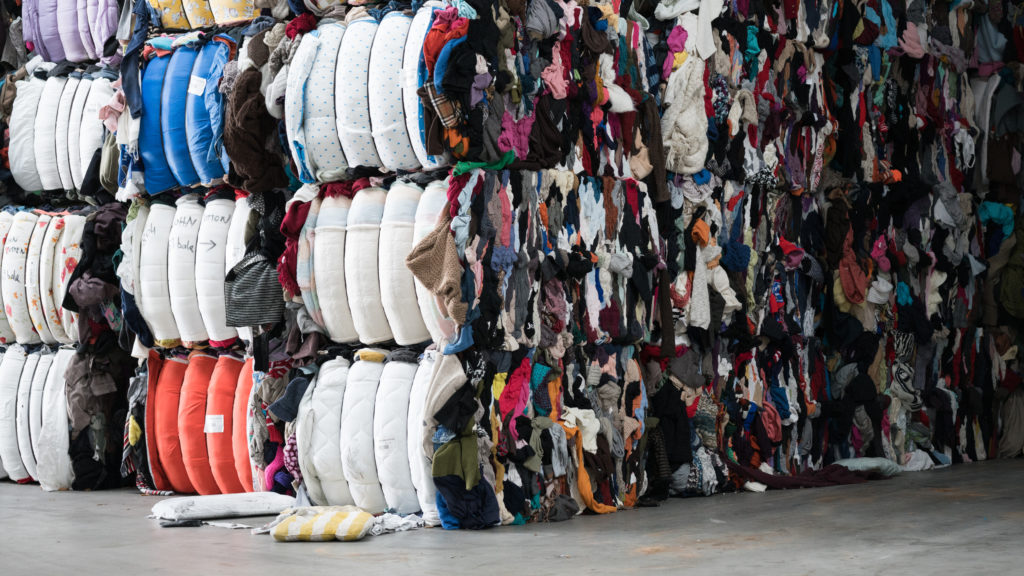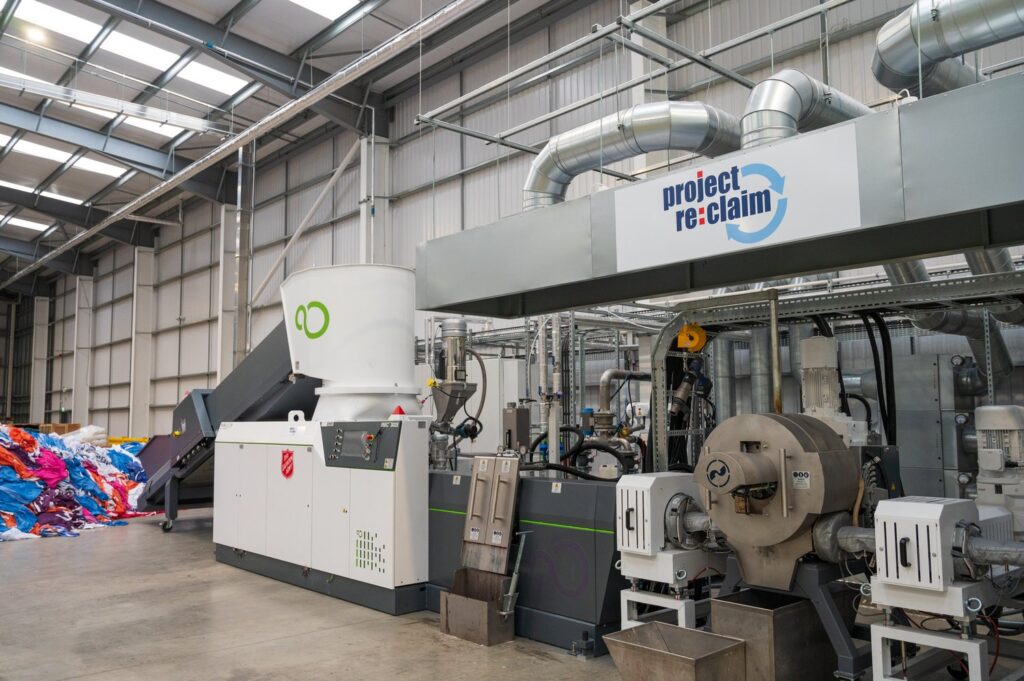The Parliament put forward two major amendments, the first was mandating member states to introduce EPR for textiles within 18 months, instead of the 30 put forward by the European Commission.
The other was to strengthen the binding food waste reduction targets. Under the amendment, member states would have to commit to reducing food waste by at least 20% by 2030 (as opposed to 10% proposed by Commission).
Retail, restaurants, food services and households would have a 40% target (instead of 30%).
Process
The European Parliament votes on and can amend proposals put forward by the European Commission. Now the regulations have passed the first reading, they will pass to the European council for any further amendments, before returning back to the European Parliament.
The file will be followed up by the new Parliament after the 6-9 June European elections.
While they will not impact the UK directly, the government did commit to a two-year review of European policy.
In its 2018 Resources and Waste strategy, textiles were also identified by the UK government as one of five “priority” areas for introducing EPR.
The government said in the strategy that by the end of 2025 “we will have reviewed and consulted on measures such as EPR and product standards for five new waste streams”.
‘Expectations’
The EU outlined that every year, 60 million tonnes of food waste (131 kg per person) and 12.6 million tonnes of textile waste are generated in the EU.
It added that clothing and footwear alone account for 5.2 million tonnes of waste, equivalent to 12 kg of waste per person every year. It is estimated that less than 1% of all textiles worldwide are recycled into new products.
In adopting this report, the European Parliament said it is “responding to citizens’ expectations for the EU to apply circular economy principles and promote measures against food waste, as well as to implement without delay an ambitious sustainable textile strategy and increase environmental standards”.
Exports
In 2022, the European Commission unveiled a strategy for textiles which included restrictions on exports and an EPR scheme (see letsrecycle.com story).
The commission explained in the strategy that the export of textile waste outside the EU has been “steadily increasing”, to reach 1.4 million tonnes in 2020.
To counter this, the export of textile waste to non-OECD countries would be allowed only if exporters notify to the commission “their willingness to import specific types of waste and demonstrate their ability to manage it sustainably”.












Subscribe for free